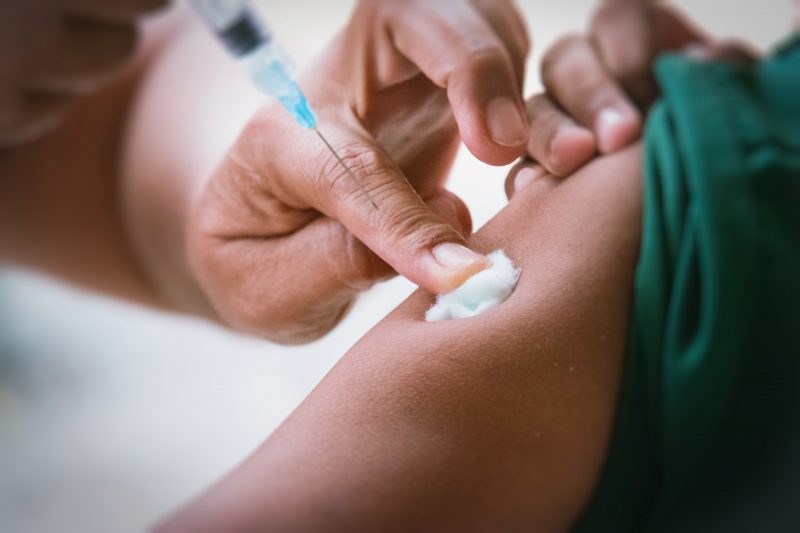What You Need to Know About mRNA Vaccines
This fact sheet provides information on the safety and effectiveness of mRNA vaccines. For more information, see Public Health Ontario’s COVID-19 Vaccines: mRNA Vaccines or visit the COVID-19 Vaccines webpage.
About mRNA COVID-19 vaccines
- Messenger ribonucleic acid (mRNA) vaccines are designed to produce an immune response that protects us against the virus that causes COVID-19.
- The currently authorized COVID-19 mRNA vaccines available in Canada are the Pfizer-BioNTech Comirnaty, Moderna Spikevax, pediatric Pfizer-BioNTech Comirnaty, and pediatric Moderna Spikevax vaccine.
How do mRNA vaccines work?
- The vaccine works by delivering genetic instructions, mRNA, to our cells to produce a copy of a protein that is found on the surface of the COVID-19 virus.
- These viral proteins, known as antigens, are recognized by the body which starts an immune response.
- The vaccine does not give you the virus or cause an infection. After our cells make copies of the protein, they destroy the mRNA from the vaccine.
- The vaccines do not interfere with COVID-19 tests used to look for infection and do not give false positive test results.
mRNA vaccines are safe and effective
- The mRNA vaccines were authorized by Health Canada after they were shown to be safe, effective (91-95%) and of high quality in clinical trials.
- mRNA vaccines are highly effective in preventing prevent severe disease, including hospital stays and death from COVID-19, and work similarly in preventing infection against the previous circulating variants of concern (VOC) (i.e., Alpha, Delta), but not as well against Omicron.
- A booster dose with an mRNA vaccine is recommended for certain groups, due to reduced effectiveness of two doses against the Omicron variant.
- Evidence on the long-term effectiveness of the pediatric formulations of the Pfizer-BioNTech Comirnaty and Moderna Spikevax COVID-19 vaccine continues to accumulate.
- Research shows that the vaccine may prevent others around you from getting sick with COVID-19.
Like every vaccine, there may be possible side effects
- The most common side effects are pain at the injection site, fatigue and headache.
- Other common side effects can include fever, chills, muscle pain and joint pain.
- These side effects usually occur within 1-2 days after vaccination and go away within 1-3 days.
Myocarditis/Pericarditis
- mRNA COVID-19 vaccines have been associated with rare reports of myocarditis (inflammation of the heart) and pericarditis (inflammation of the lining of the heart).
- Cases occur mainly in adolescents/young adults, more often in males than females, more often after the second dose, and typically within one week after vaccination. Most cases appear mild and respond well to conservative treatment (e.g., non-steroidal anti-inflammatories) and rest.
- In Ontario, Pfizer-BioNTech Comirnaty is preferentially recommended for 12-29 year olds, due to the lower reporting rate of myocarditis/pericarditis following vaccination with the Pfizer-BioNTech Comirnaty vaccine in this age group, compared to the Moderna Spikevax vaccine.
Continue to protect yourself and others
- Vaccination is the most important preventative measure to reduce your risk severe disease and hospitalization from COVID-19.
- The best way to reduce the spread of the virus is to combine vaccination with other layers of protection such as wearing a mask, staying home when sick, cleaning your hands, physical distancing, improving ventilation, following respiratory etiquette, and following public health guidance.
Learn more about the virus
To learn more and access up-to-date information on COVID-19, visit the Ontario Ministry of Health’s website: ontario.ca/coronavirus and the Government of Canada’s website: Vaccines for COVID-19.
The information in this post is current as of April 5, 2022

